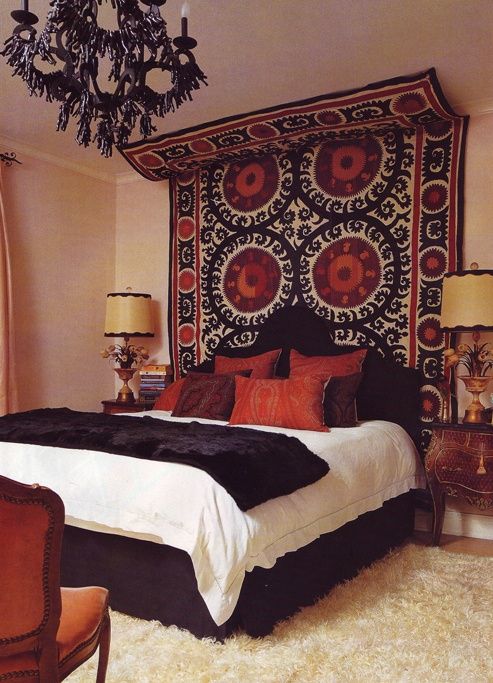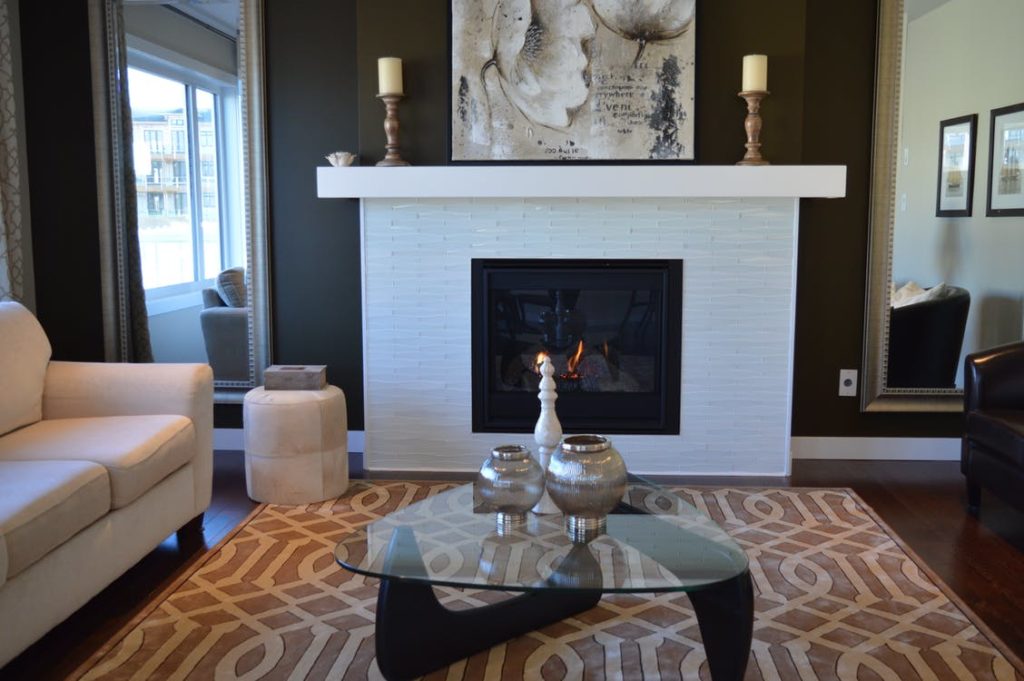Disclosure: This post may contain affiliate links, meaning we get a commission if you decide to make a purchase through our links, at no cost to you. Please read our disclosure for more info.
Elevators add convenience and accessibility to multi-floor homes. But are residential elevators worth the high costs? In this blog post, we’ll analyze the benefits of residential elevators as well as the financial investment required.
If you’re thinking about installing an elevator in your home, read on for an in-depth guide on what to consider before taking on this major home upgrade. Let’s get started!
In This Post:
- Cost Analysis of Residential Elevators
- Benefits of Residential Elevators
- Design and Aesthetic of Residential Elevators
- Strategic Space Planning for Elevators
- Elevators as a Design Statement
- Technology and Innovations in Residential Elevators
- Regulations and Safety Standards
- Installation Process and Key Points to Consider
- Conclusion
Cost Analysis of Residential Elevators
Upfront Costs
Adding an elevator to your home is a big investment at first. The price depends a lot on what kind of elevator you pick. Simple ones like hydraulic elevators cost less, while fancier ones like pneumatic elevators, which ride smoother, cost more.
This price includes not just the elevator but also the cost of putting it in, which might mean making changes to your house to fit the elevator. Remember, the more complex your choice, the higher the cost might be.
Running Costs
The costs don’t stop once the elevator is installed. You’ll have to keep spending money on it over time. This includes regular checks to make sure it’s working right, fixing anything that breaks, and the electricity it uses.
How much you spend later on will depend on how much you use the elevator, the type of elevator, and how much services cost in your area. Some elevators use less energy or are easier to fix, which can save money down the road.
Financial Returns
Even though elevators are expensive to install and maintain, they can make your house worth more. They’re especially appealing to buyers who need easier access between floors or those who like the convenience and luxury of an elevator.
This can make your home stand out and possibly sell for more when it’s time to move. Adding an elevator can be a good investment because it might increase your home’s value and attract more buyers when you sell.
Benefits of Residential Elevators
Residential home elevators help everyone get around their homes easily, especially important for older people or those with disabilities. They offer a big help in homes with more than one floor, making it easy for everyone to access all parts of the house without the challenge of stairs.
It’s about making life simpler and more enjoyable for everyone in the house. This means people can live more independently and comfortably, without feeling limited by their home’s layout.
Safe and Effortless Movement
Having an elevator at home makes moving between floors safe and easy, which is great for families with young children or elderly relatives. It reduces the chances of falls and injuries that can happen on stairs.
This brings peace of mind to everyone in the house, knowing that moving around is both easy and safe. It’s a relief for parents and caregivers, making the home a worry-free space where everyone can move about freely and safely.
Elevating Lifestyle and Home Value
Adding an elevator to your home is not just about making life easier; it also adds a touch of luxury and modern feel to your home. This is attractive not only to those living in the home but also increases its value to potential buyers in the future.
It’s a smart way to improve your living quality now and make your home more appealing if you decide to sell it later. Elevators add a unique feature that makes your home stand out, showing that you value both style and practicality.
A Closer Look
- Accessibility for Everyone: Elevators make sure that everyone in the home can enjoy every part of it, no matter their mobility level. This makes everyone feel included and independent, making the home a place where everyone can freely engage and feel comfortable.
- Safety First: Elevators make homes safer by reducing the need to use stairs. This is especially important for keeping everyone in the house safe, particularly those who are most at risk of falling.
- Luxury and Appeal: An elevator is a luxury upgrade that makes your home more practical and stylish. It shows you care about comfort and design, making your home more attractive to future buyers.
Adding an elevator to your home brings real benefits, from improving safety and convenience to adding a luxurious touch. It’s a way to make your home more enjoyable and accessible for everyone and a smart investment that enhances your home’s value and appeal.
Design and Aesthetic of Residential Elevators
Picking the Right Look for Your Elevator
Elevators in your house can look just the way you want. You can pick from lots of styles to make sure your elevator matches your house’s look. If you like a classic feel, wood finishes might be for you. Prefer something more modern? Glass could be the way to go.
This means your elevator doesn’t just help you move around; it also adds to how your home looks. You get to choose the materials and even small details like what the buttons look like, so everything feels just right.
Strategic Space Planning for Elevators
Putting an elevator in your house needs some thinking. It’s not just about finding the space; it’s about making sure it fits in nicely with how your home is set up.
Whether you’re adding one to the house you live in now or building a new place with an elevator in mind, it’s important to think about where the elevator doors will be and how getting from one floor to another will work with the rest of your home.
Experts like architects can help a lot here. They make sure the elevator does its job without getting in the way of how your home looks and feels.
Elevators as a Design Statement
How much you want your elevator to get noticed is up to you. Some people like their elevator to be a big feature in their home, something that catches your eye and maybe even starts conversations. Others prefer it to quietly do its job without drawing too much attention.
No matter which way you lean, choosing the right design can make your elevator feel like it was always meant to be a part of your home. It can be a chance to show off your style or just another part of your home that fits in perfectly.
Technology and Innovations in Residential Elevators
Up-to-Date Elevator Tech
Today’s home elevators are super smart and use less electricity, which is great for saving money and helping the planet. You can even use your phone to control them, making it super easy to call the elevator without touching any buttons.
Plus, they come with the latest safety features to make sure everyone at home is safe, like quick stops in emergencies and backup power if the lights go out.
Making It Yours
The cool part about these elevators is how you can make them just right for you. If you like talking to your devices, you can set up the elevator to open its doors with just your voice. This is really handy for people who find it tough to move around or for those times when your hands are full.
You can also adjust the settings so the elevator remembers exactly how fast you like to go or which floor you visit the most. And with doors that open by themselves, you won’t have to put down whatever you’re carrying to push a button.
Friendly to the Planet
If you’re worried about the environment, these elevators are made with that in mind. They’re built using materials and methods that are kinder to our planet. Choosing one of these elevators means you’re doing your bit for the Earth.
They’re designed to use as little energy as possible, which not only helps the environment but can also save you money on your energy bills over time.
Regulations and Safety Standards
Complying with Building Codes
When adding an elevator to your home, it’s really about making sure it’s safe and legal. You have to follow local rules called building codes.
These rules help ensure that your elevator is safe to use and fits well with your house’s structure. It’s like a checklist to make sure everything is set up right and safely.
Choosing Certified Elevators
Selecting an elevator isn’t just about how it looks or works. It’s also about safety. You need to pick one that meets strict safety rules, both from our country and around the world. This means the elevator has been checked and is safe for everyone.
Knowing your elevator meets these standards helps you feel confident that it’s a good choice for your home.
Understanding Insurance and Liability
Putting in an elevator means you have to think about your house insurance too. You need to see if adding an elevator changes your insurance or if you need something extra.
Also, it’s about knowing who might be responsible if there’s an accident with the elevator. Making sure you have the right insurance coverage is important.
It’s about making sure you’re protected and meeting the rules, so you don’t have to worry about unexpected costs or problems if something happens.
Installation Process and Key Points to Consider
Selecting Your Elevator Provider
First, find a good company or person who knows a lot about home elevators. You want someone who has done this many times before and can make everything go smoothly.
They should help you pick the best elevator for your house and explain everything you need to know.
Understanding the Installation Timeline
Next, get ready for the work to start. Installing an elevator can take different amounts of time, depending on your house and the elevator type.
Some setups are quick; others might take a bit longer. It’s a good idea to think about how this work might change your daily life for a little while and plan for it.
Maintaining Your Elevator Post-Installation
After your elevator is put in, there’s more to do than just ride it. To keep it working well and safely, you need to look after it regularly. This means checking it often to make sure everything is okay.
Taking care of your elevator helps it last longer and prevents big problems later. Set up a plan with your elevator company to check and maintain your elevator right from the start.
Conclusion
In conclusion, residential elevators are often worth the high costs for homeowners seeking increased accessibility, safety, luxury, and home value. If you can manage the expenses, a residential elevator is usually a good investment to improve comfort and enjoyment within your home. Be sure to work with professionals and comply with codes when installing.
If you’re considering an elevator, contact a reputable provider today to learn more about options and get a quote for your home. Investing in an elevator can take your lifestyle to the next level!




